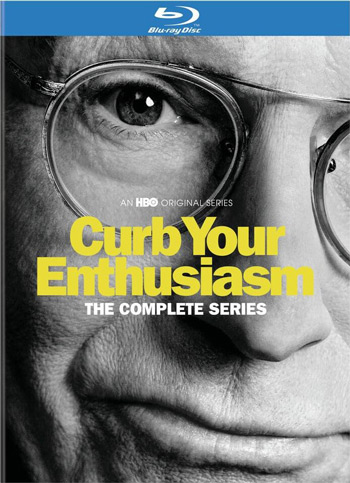
Warner Bros.
There are comedies, and then there’s Curb Your Enthusiasm, Larry David’s magnum opus of social catastrophe, moral nitpicking, and unfiltered honesty. It’s a show that takes the small irritations of everyday life and explodes them into operas of awkwardness. If Seinfeld was the observational sketch of modern manners, Curb is the oil painting: louder, richer, and impossible to look away from.
At first glance, the premise seems simple. Larry David, co-creator of Seinfeld and wealthy semi-retiree, plays a fictionalized version of himself navigating life in Los Angeles.
But within that setup lies one of television’s most audacious comedic experiments: a series largely improvised from outlines, where every polite interaction threatens to unravel into total social collapse. What results is a kind of comic jazz, built on rhythm, timing, and Larry’s willingness to humiliate himself in pursuit of truth, or what he believes to be truth.
The cast surrounding Larry turns his daily misadventures into a full-blown ecosystem of neuroses, frustrations, and combustible personalities.
Cheryl Hines as Larry’s wife, Cheryl, begins as the voice of reason, his moral compass and his weary conscience. Over time, as Larry’s social self-sabotage becomes unbearable, their marriage dissolves, leading to years of hilarious post-divorce encounters. Jeff Garlin’s Jeff Greene, Larry’s manager and frequent co-conspirator, is the perfect enabler: equally flawed, equally lazy, and never once surprised when Larry’s latest moral stance detonates. Their dynamic, two middle-aged men casually rationalizing bad behavior, forms the backbone of the show’s buddy comedy.
But no one, and I mean no one, gives Larry a harder time than Susie Essman’s Susie Greene. A masterpiece of volcanic profanity and righteous rage, Susie’s verbal assaults on Larry are legendary. Their relationship, part hatred, part reluctant friendship, is one of television’s greatest sparring matches.
And then there’s J.B. Smoove as Leon Black, who arrives in Season 6 and never leaves. Leon is the philosophical opposite of Larry: cool, street-smart, and gloriously amoral. Together, they form an unholy alliance, Larry’s logic colliding with Leon’s swagger, to create some of the show’s most iconic moments.
As Curb evolved, its ensemble became a revolving gallery of Los Angeles oddballs and self-absorbed celebrities, many playing versions of themselves. Richard Lewis, Larry’s real-life best friend since their stand-up days, plays a neurotic, guilt-ridden version of himself whose decades-long friendship with Larry is a constant tug-of-war between affection and mutual annoyance. Their bickering feels almost biblical in scale, Cain and Abel if both men were hypochondriacs with a grudge.
Ted Danson, appearing as Larry’s friend-turned-frenemy, brings a perfectly calibrated smugness to their social rivalry. He and his real-life wife, Mary Steenburgen, often find themselves in the crosshairs of Larry’s bad manners or thoughtless honesty, turning dinner parties into battlegrounds. The late, great Bob Einstein’s portrayal of Marty Funkhouser was a masterclass in deadpan comedy. Marty’s unflappable straight-man energy made him the perfect counterweight to Larry’s chaos. When his “nephew,” Freddy Funkhouser—played by Vince Vaughn, appears in later seasons, it’s a loving nod to one of the show’s most beloved presences.
Then there’s Wanda Sykes, whose recurring appearances add another layer of exasperated realism. Her chemistry with Larry is combustible—equal parts genuine affection and pure irritation, as she often finds herself both amused and offended by his obliviousness.
Curb’s universe is also populated with a revolving door of antagonists and foils. Mocha Joe, for instance, the coffee shop owner whose feud with Larry escalates into the infamous “spite store” saga, represents everything Curb does best: taking a small slight (lukewarm coffee and a wobbly table) and spinning it into a season-long war of ego. There’s also the indignant parking attendants, the meddlesome acquaintances, and the endless parade of houseguests, ex-girlfriends, and Hollywood egos who make Larry’s world an ever-turning wheel of social disaster.
The show’s story arcs, though loosely connected, form a tapestry of escalating absurdity. Season 4’s The Producers storyline, in which Larry is cast in Mel Brooks’s musical, brilliantly satirizes ego, performance, and the thin line between success and humiliation.
Season 7’s Seinfeld reunion arc is nothing short of genius—Larry’s meta-attempt to win back Cheryl by reuniting the old gang becomes both a loving homage and a sly critique of his own legacy. Season 10’s “spite store” and Season 11’s political and “cancel culture” misadventures prove that even after decades, Curb remains sharper, meaner, and more relevant than ever.
What makes Curb Your Enthusiasm transcendent, however, isn’t just its comedy, it’s its truth. Larry David’s character is both monster and martyr, the embodiment of our most unspoken impulses. He’s the person who refuses to play along with society’s polite hypocrisies and pays dearly for it every single time. His moral code, often wrong, sometimes right, but always unwavering, is a kind of twisted integrity.
In that way, Curb isn’t just the evolution of Seinfeld; it’s its full expression. Seinfeld’s George Costanza was Larry’s fictional doppelgänger; Curb removes the disguise. The show strips away sitcom structure, laugh tracks, and moral lessons, leaving behind something pure and brilliant: the comedy of being human, unvarnished and unashamed.
And that’s why Curb endures. It’s not just that Larry David is funny; it’s that he’s us, turned inside out. Every time he argues over a tip, calls out a double-dipper, or refuses to say “Happy Birthday” to someone he barely knows, we laugh not just at him, but with him. Because deep down, we’ve all thought it, we just didn’t have the nerve to say it. Larry did. And for that, we can only be grateful.
And as much as I love Seinfeld, there is a bitterness to Curb that makes it even more endearing.
So what do I think?
In the words of Larry David himself, “Pretty, pretty, pretty good.”
Extras include multiple featurettes; gag reels, and memorable moments.

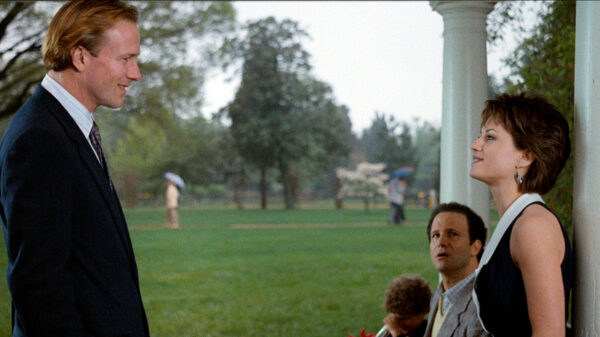



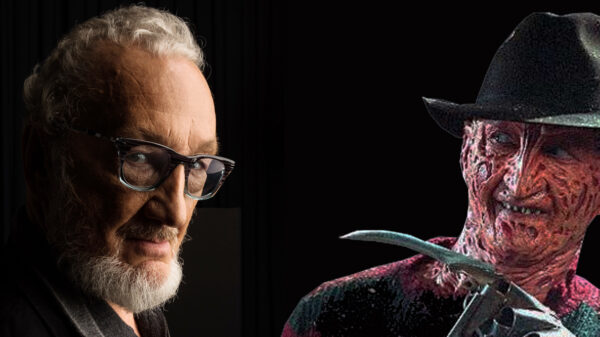
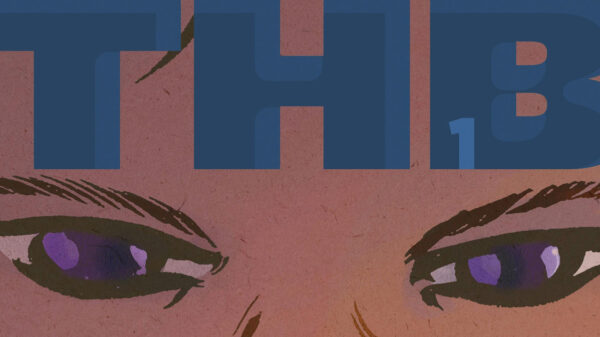

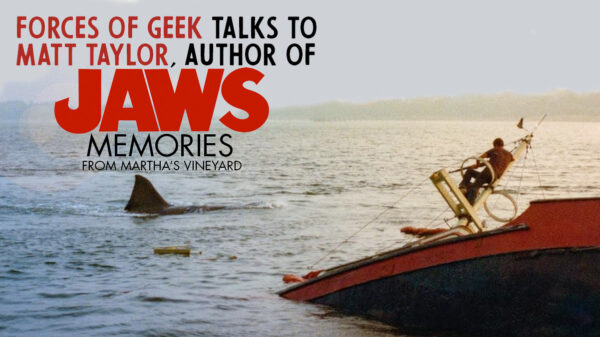
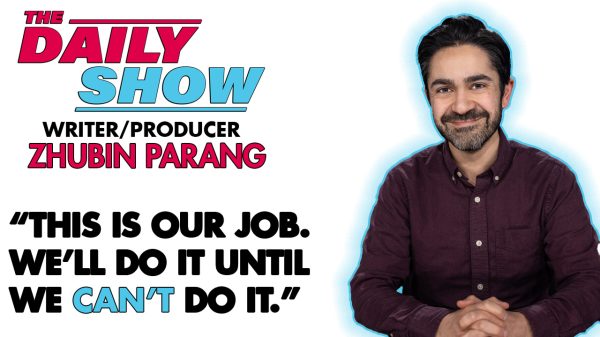
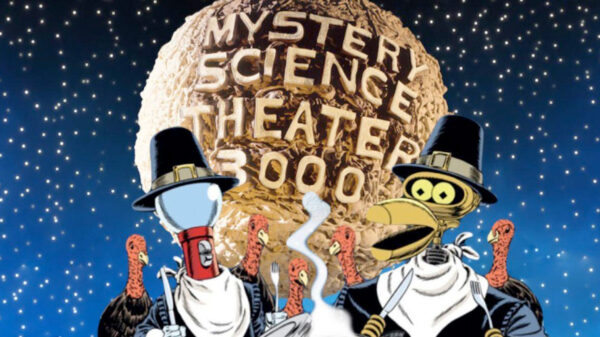
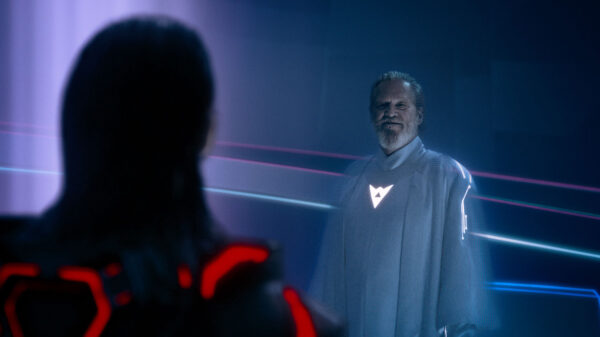
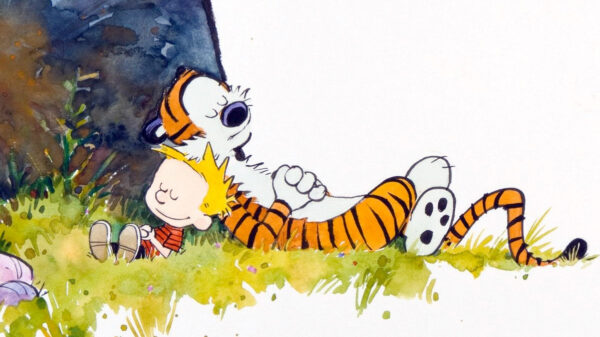
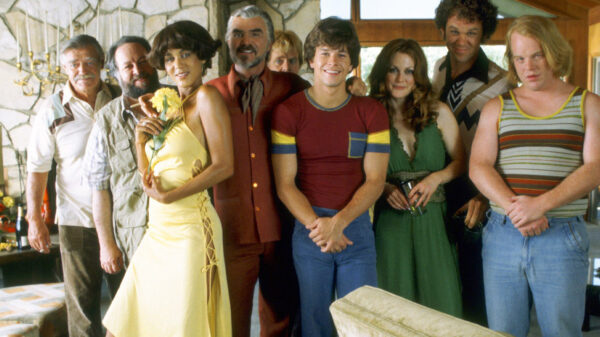
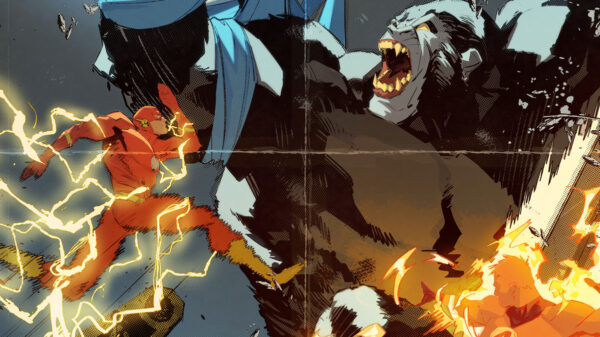



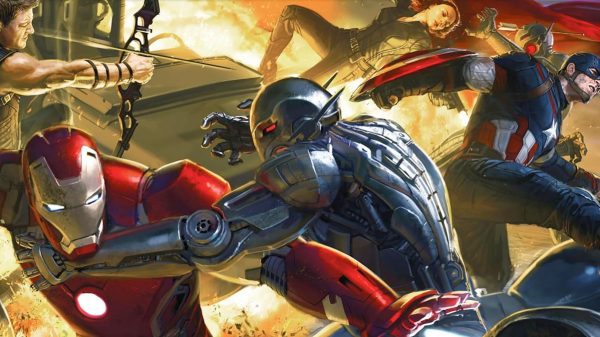
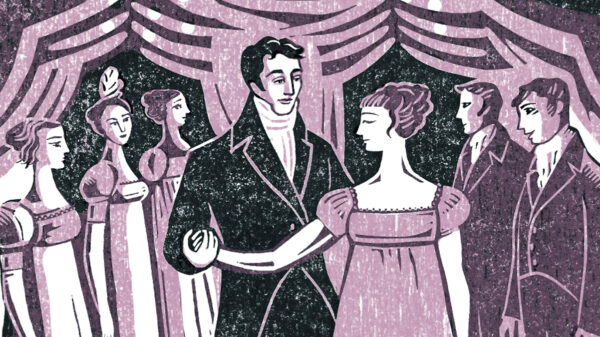
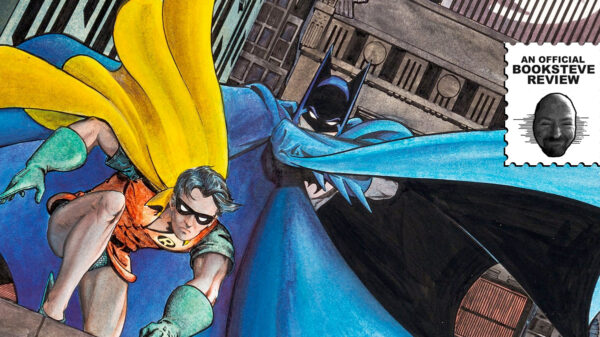
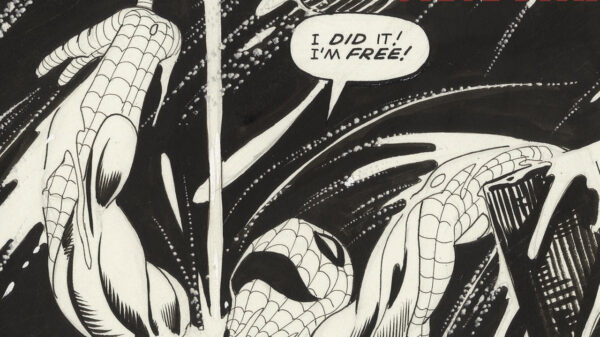
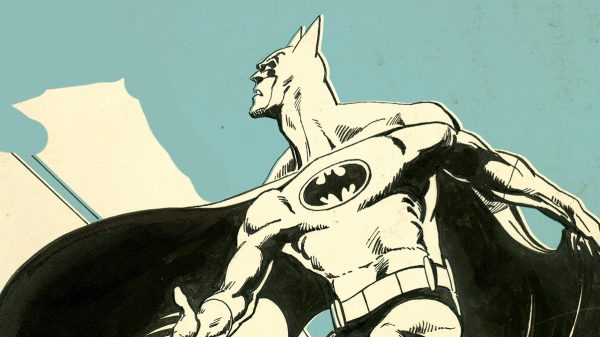

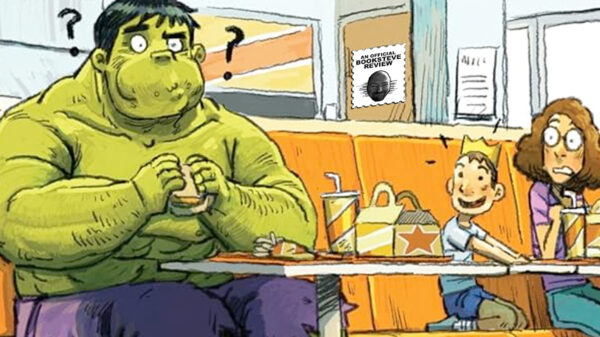
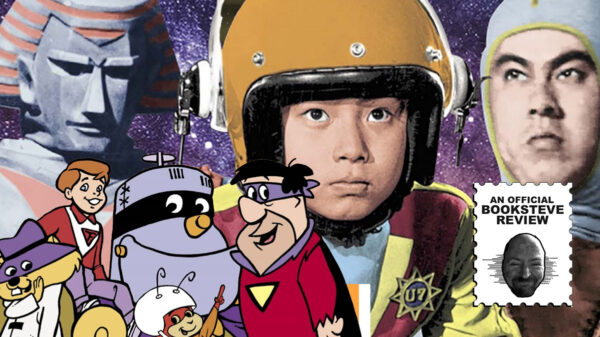
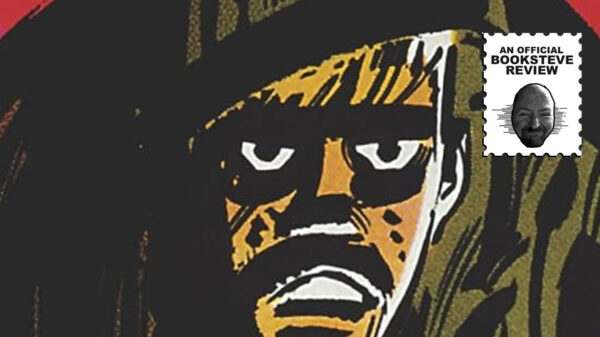
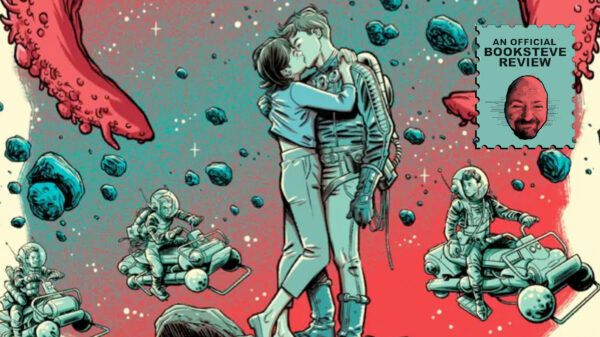
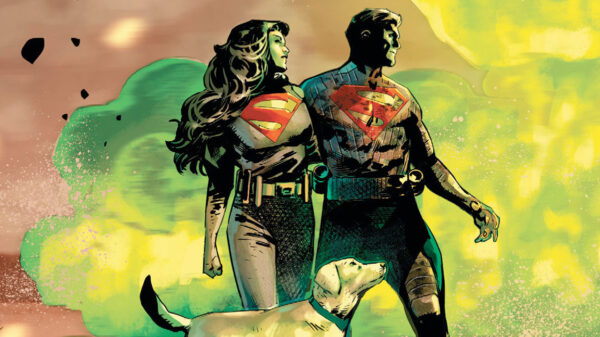
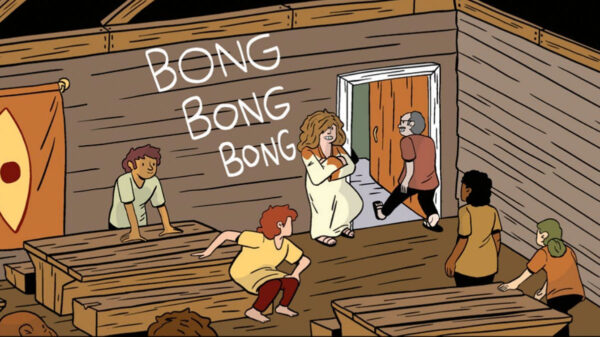




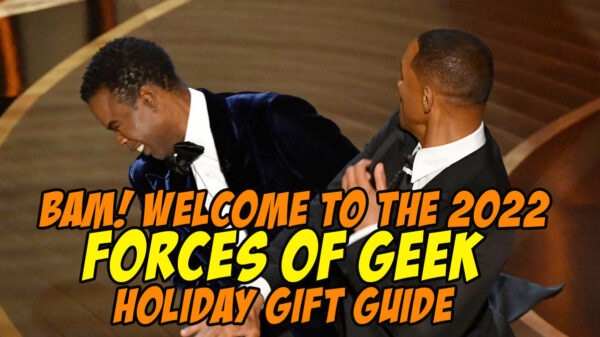
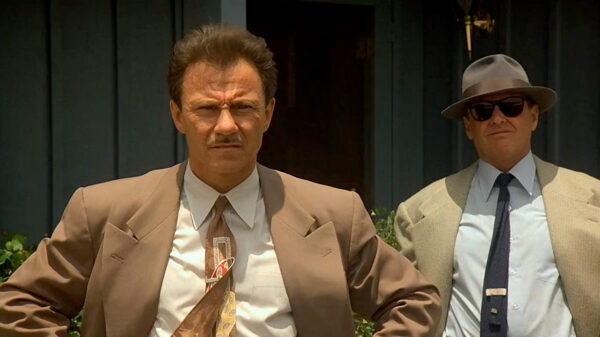
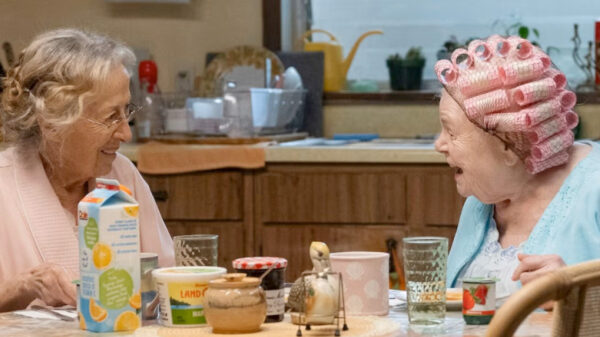
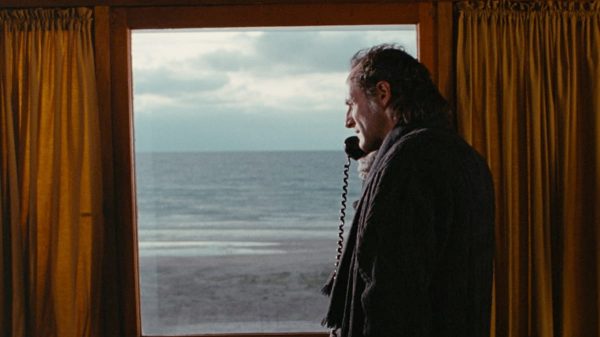
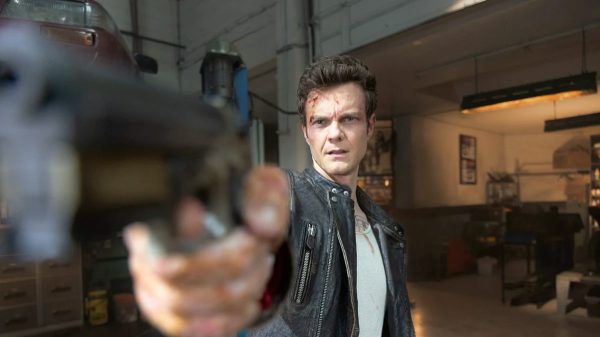
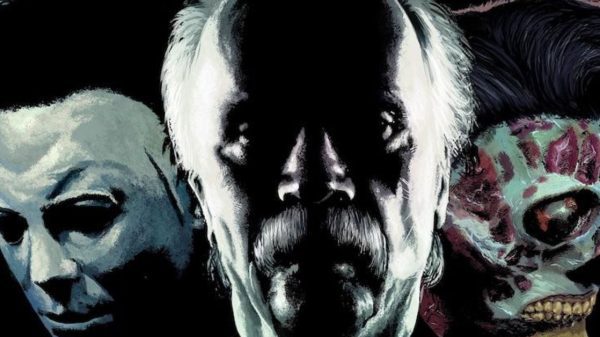
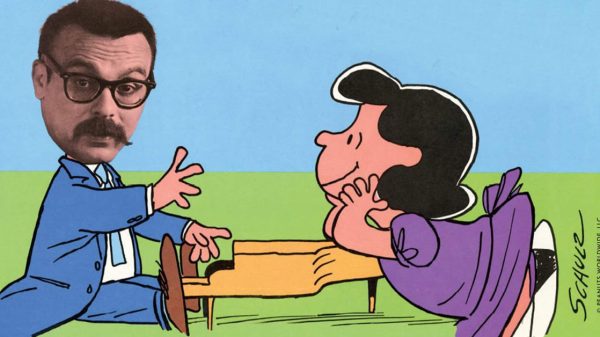
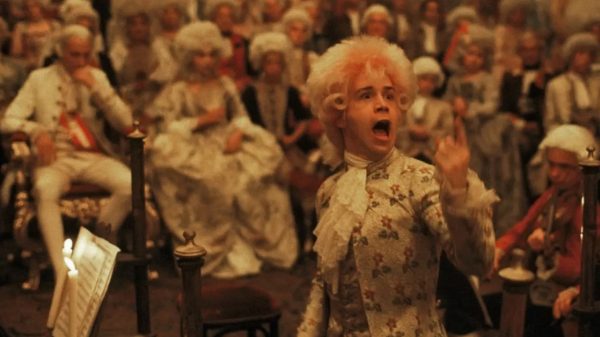







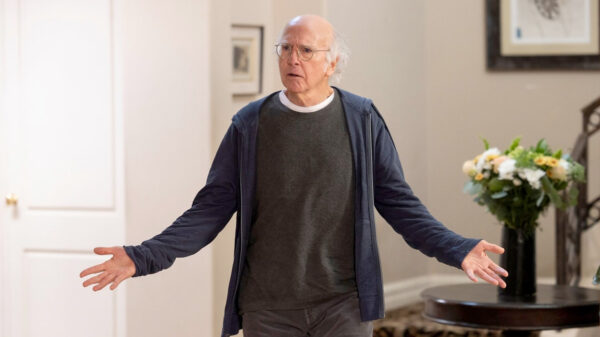





















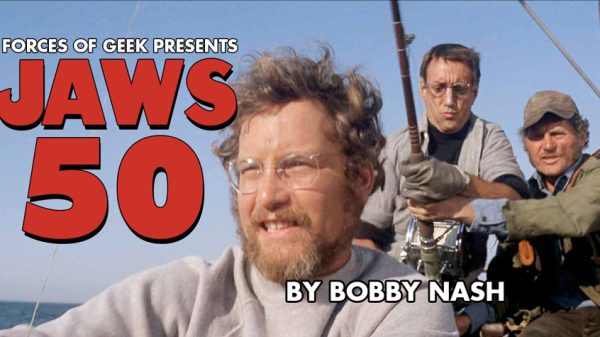









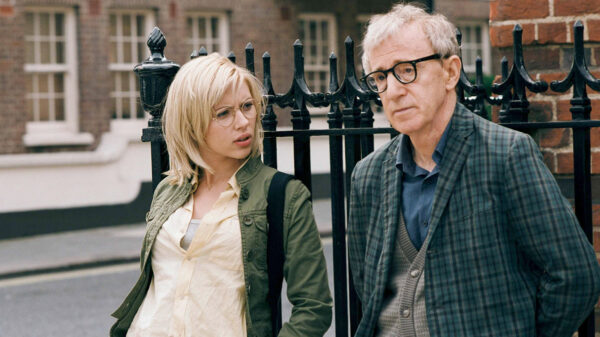


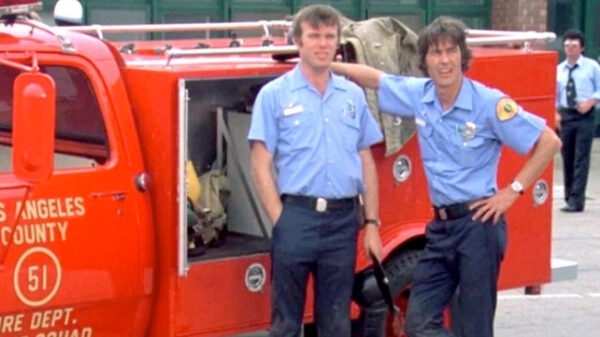
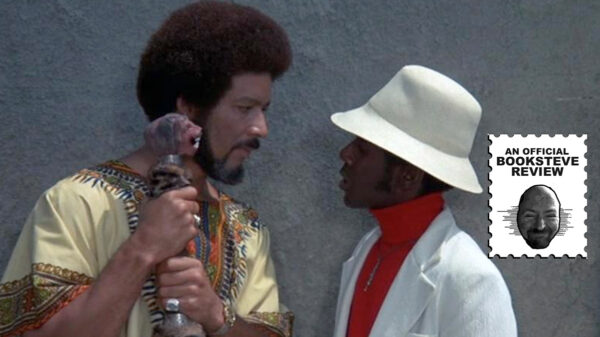





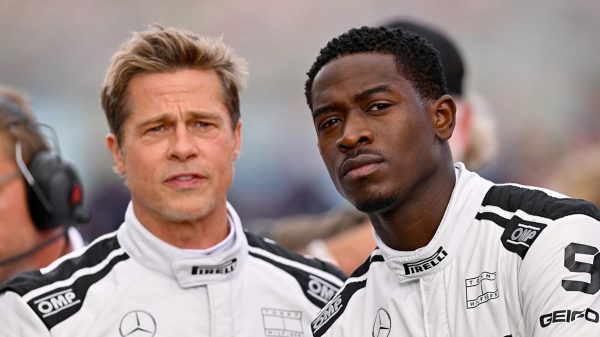




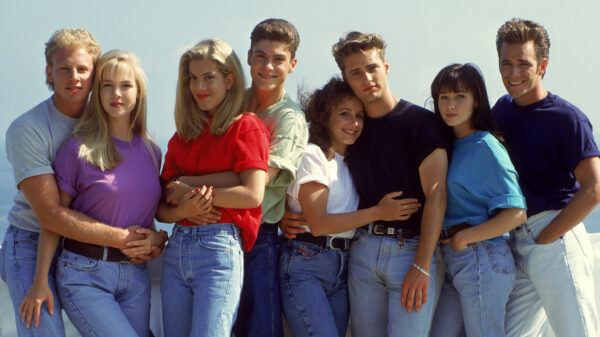
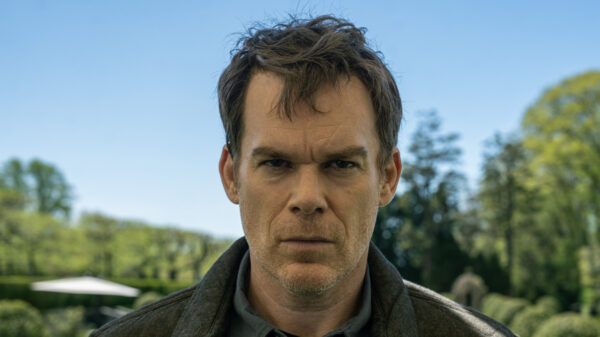
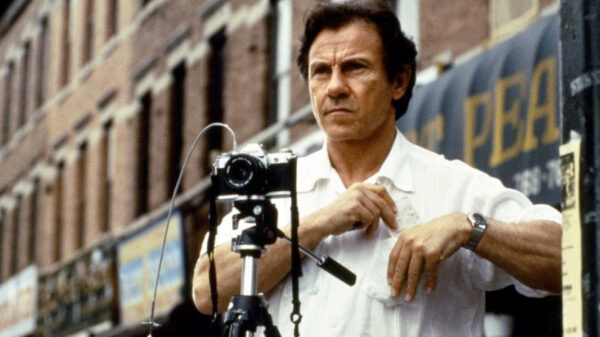
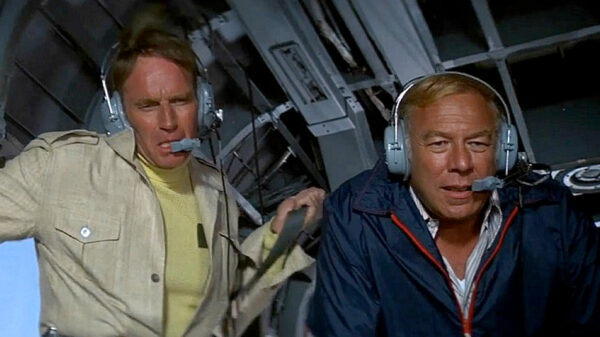
You must be logged in to post a comment Login